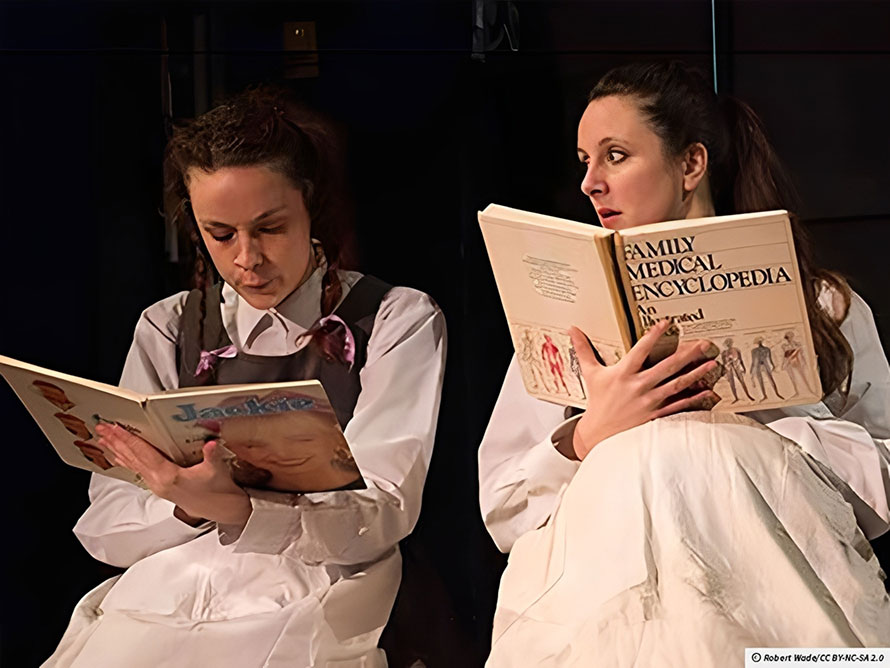Be My Baby is a play written by British playwright Amanda Whittington in 1998. It tells the story of a 19-year-old young woman named Mary Adams, who is sent by her mother to St. Saviour's Mother and Baby Home after becoming pregnant while not being married. It is set in 1964 England, at a time when unmarried pregnancy was heavily criticised in society. Mother-and-baby homes, which were run by religious or charitable organisations, were places were unmarried young women who were pregnant could be sent to give birth and then give up their children for adoption. At St. Saviour's, Mary forms friendships with three other residents: the rebellious Queenie; the light-hearted Dolores; and the shy Norma. They support each other to cope with the strict rules at the home and to come to terms with the reality that they will be expected to give up their babies. The play addresses the power of societal pressure — which in the end wins out over the individual will of the four young women — and of the unjust stigmaA mark of shame or disgrace that sets a person apart from others. In the 16th Century, it referred to a literal mark branded into the skin. that generations of women experienced for their sexual choices.
Be My Baby

Glossary
Stigma - A mark of shame or disgrace that sets a person apart from others. In the 16th Century, it referred to a literal mark branded into the skin.
Patriarchal - A society in which adult men have a monopoly on power. In these societies, men tend to hold all political positions, and women and children are also expected to obey the men in their families.
oppression - Long-lasting cruel or unjust treatment
Stereotypes - Stereotypes are ideas about how people will act, based on the group to which they belong.
Antidote - A cure for something. It originally meant a medicine against poison.
Alienation - Emotional separation. It derives from a Latin word meaning foreign or strange.
Solidarity - Showing support for others, particularly members of another group.
